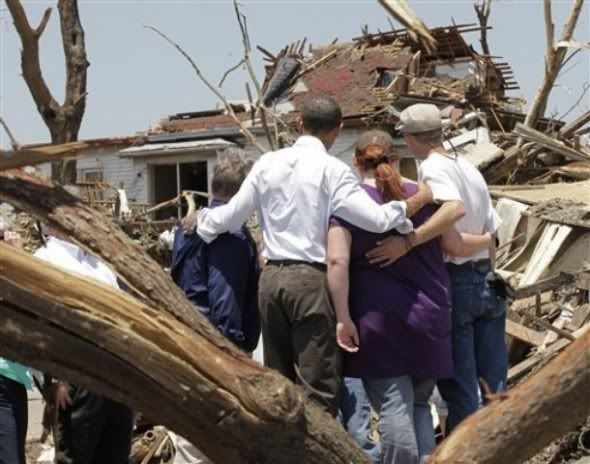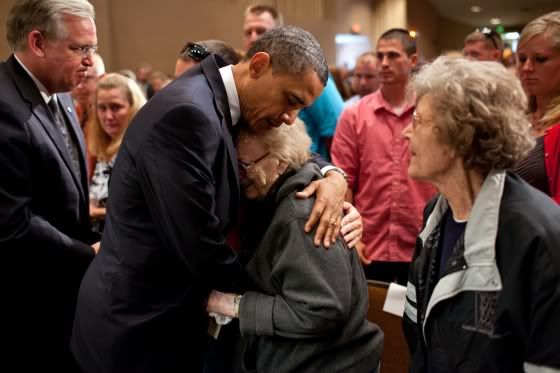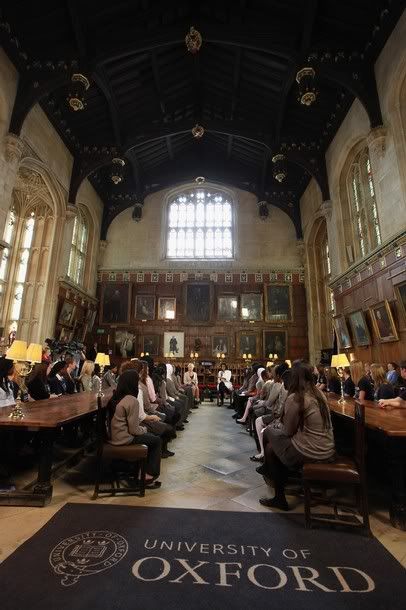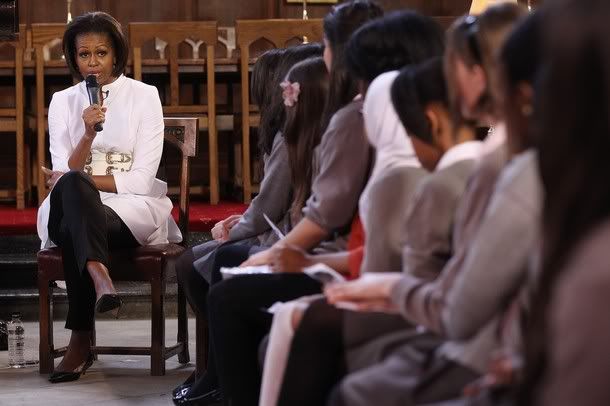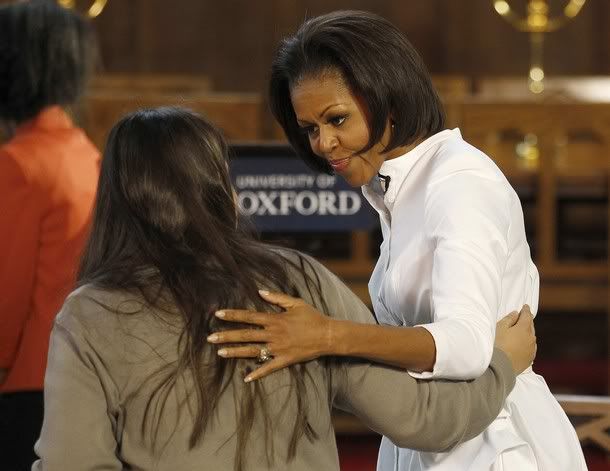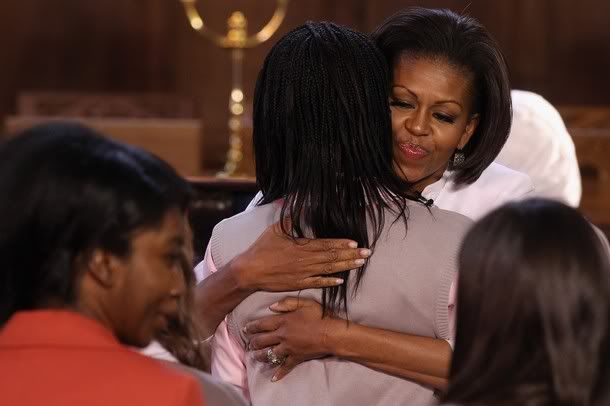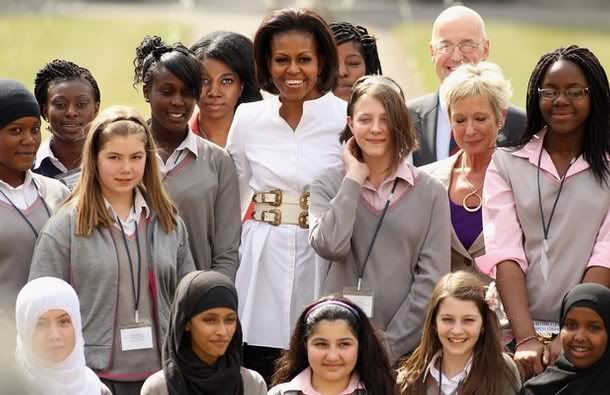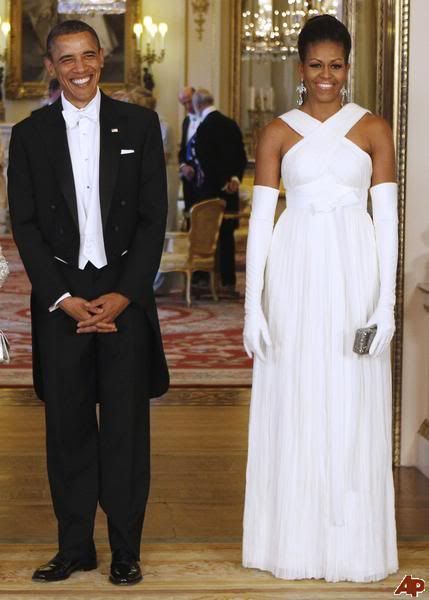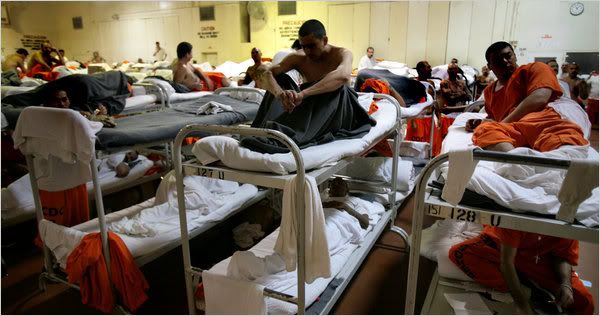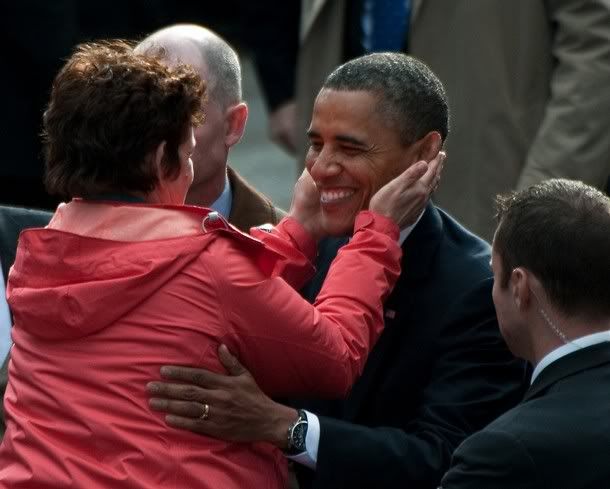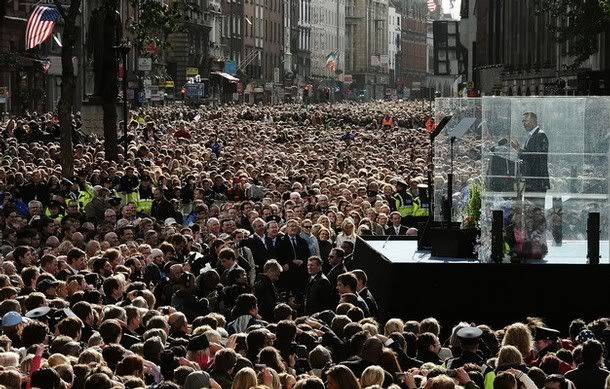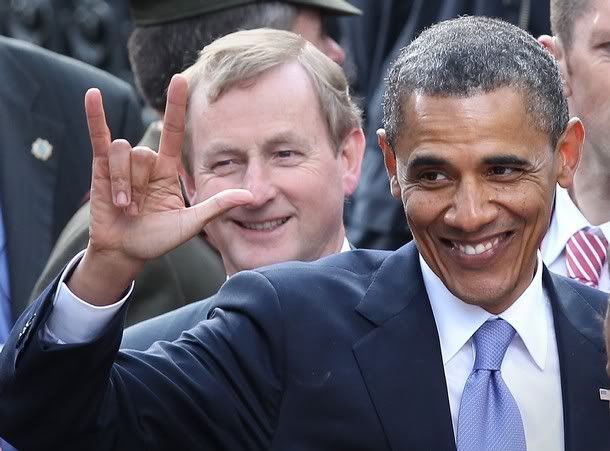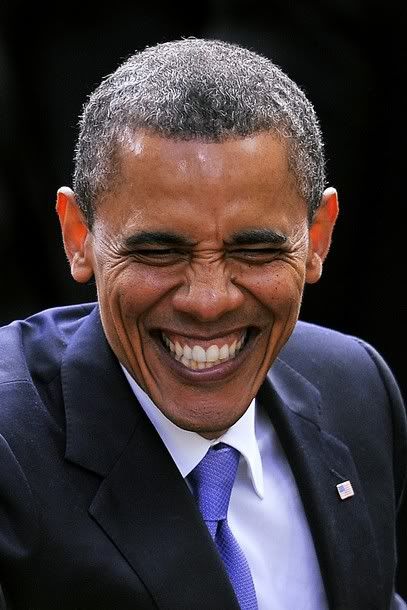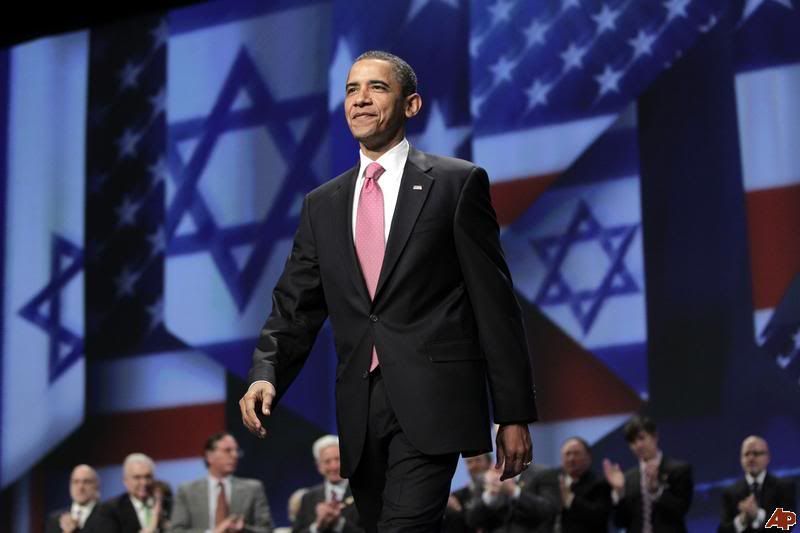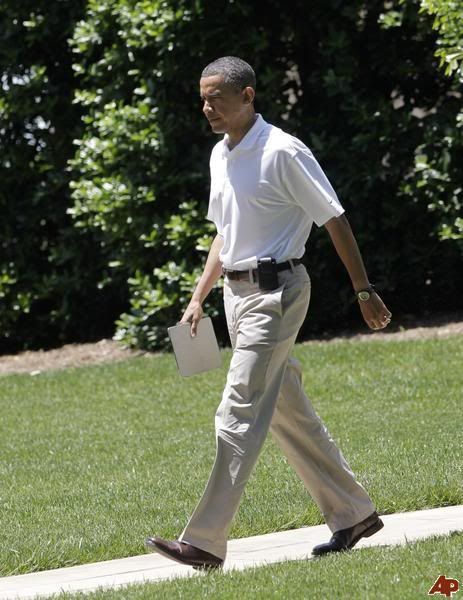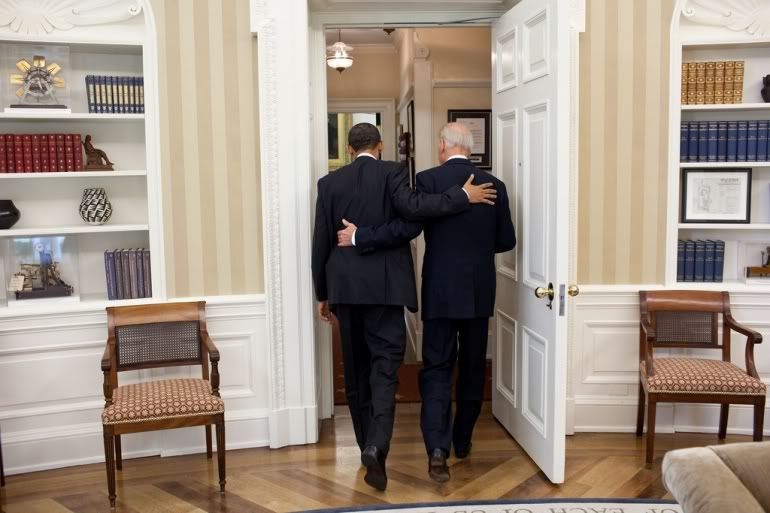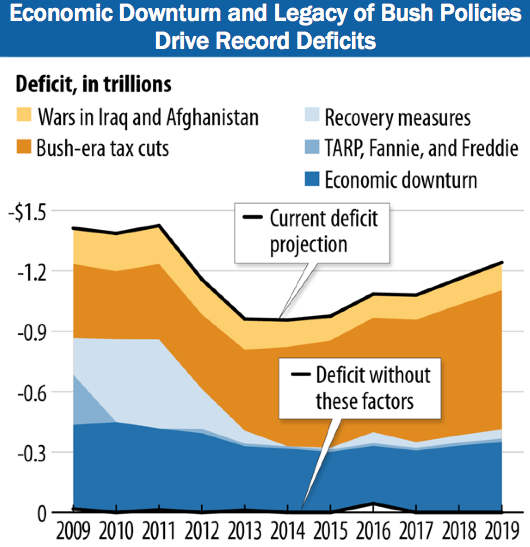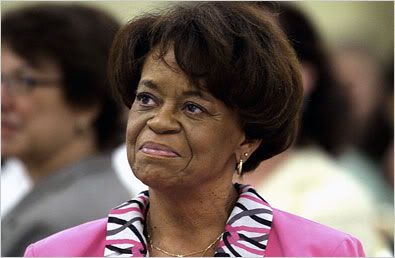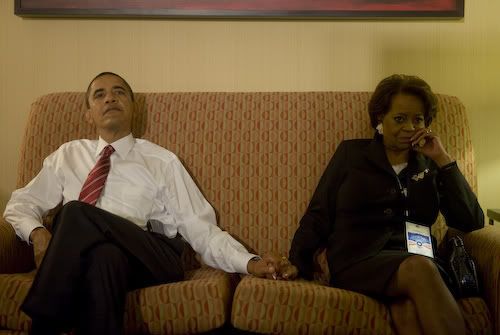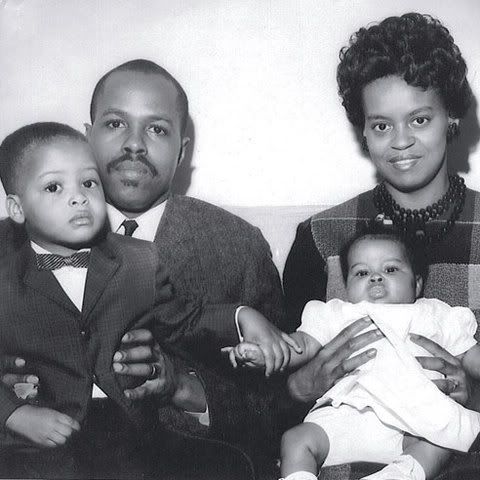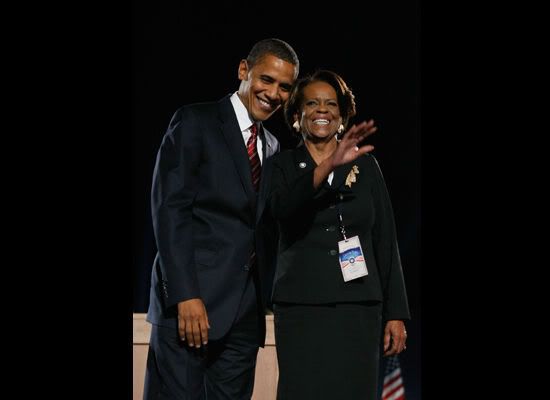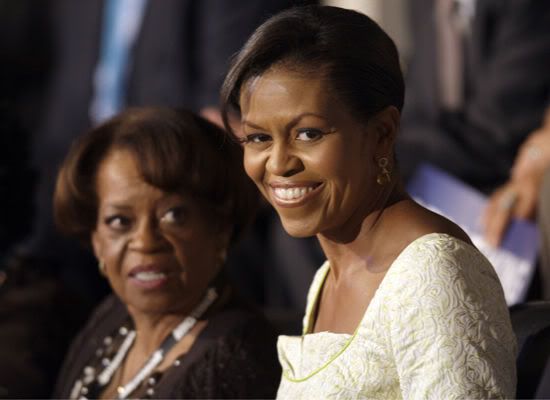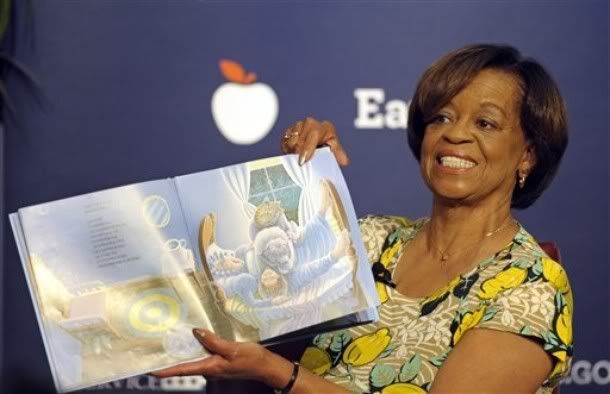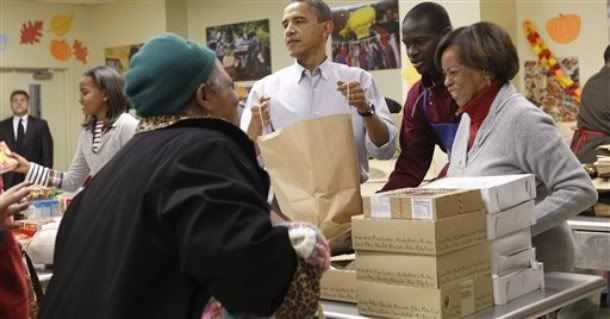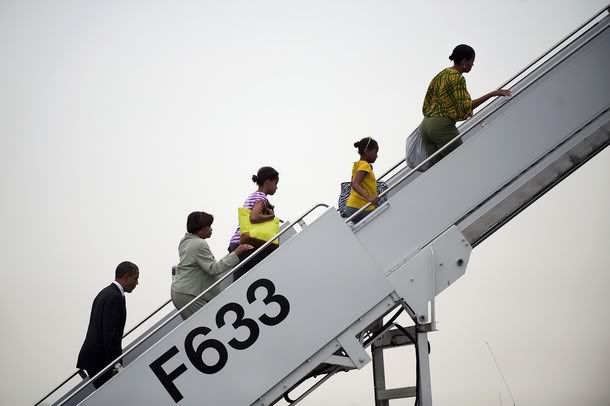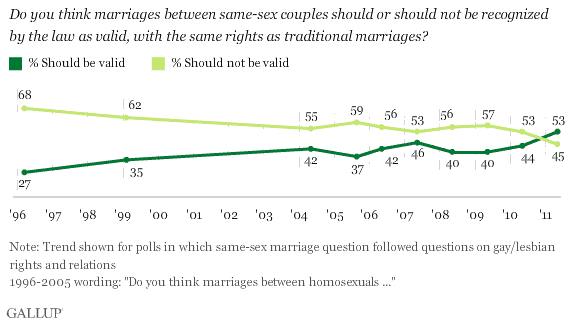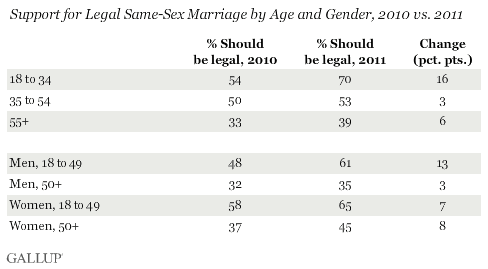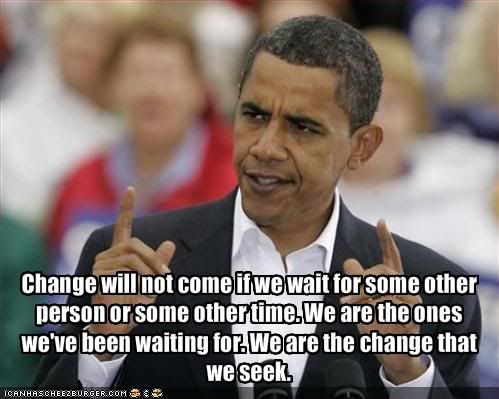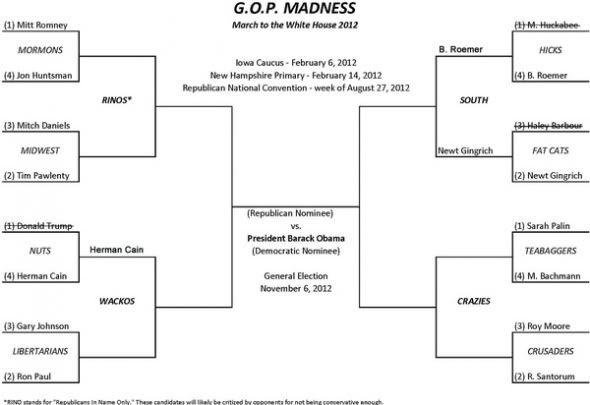I really appreciate what
Fredric Mitchell wrote in support of Cornel West over at
Jack and Jill Politics. The only way we'll reach any sanity in these kinds of discussions is if we take it out of the personal and begin to look at the policies.
In doing that, Mitchell asks himself 5 questions that emerge from what West had to say. I'd like to take a shot at responding to each of them.
1.
Has the President championed ideas and programs that specifically target poor and working people?
I think he has. The first thing out of the box for this administration was the Recovery Act. It focused on creating/maintaining jobs for working people. The auto bailouts were clearly aimed at doing the same thing. The expansion of Medicaid and subsidies to purchase insurance that were contained in ACA are certainly focused there as well. His definitive stand in protection of Medicare and Medicaid should be mentioned here as well - especially the later. I could go on. But suffice it to say that I believe almost everything Obama has done in terms of his domestic agenda has been about addressing the needs of poor and working people.
2.
Has the President addressed, in any speech or recommendation, ideas to reduce disproportionate incarceration of poor Black men?
This is one where I'd have to agree with West. Its my biggest area of disagreement with Obama and his administration. I remember reading
The Audacity of Hope and waiting with each page for him to address the topic and being so let down when it never really came up - at least not with any kind of substance. I disagree then, with the lack of action. But I choose not to judge Obama's motives in this. I don't know why he hasn't done more because he hasn't really talked about it. So I don't know what his thinking is. If I was ever blessed with some time to chat with him, I'd certainly devote some of my time to asking him to talk about this subject.
With that said, I'd also like to add that this is why I'm so interested in the work that Eric Holder is doing to build up DOJ's Division of Civil Rights - especially when it comes to
investigating police departments for brutality. Its at least one arena where this administration seems to be having an impact on these issues.
3.
Has the President proposed taking any percentage of the war budget to combat ANY of these issues?
The amount we're spending on wars is a concern of mine (I'd add defense spending in general). President Obama did address this in his
speech about the deficit.
The second step in our approach is to find additional savings in our defense budget. Now, as Commander-in-Chief, I have no greater responsibility than protecting our national security, and I will never accept cuts that compromise our ability to defend our homeland or America’s interests around the world. But as the Chairman of the Joint Chiefs, Admiral Mullen, has said, the greatest long-term threat to America’s national security is America’s debt. So just as we must find more savings in domestic programs, we must do the same in defense. And we can do that while still keeping ourselves safe.
Over the last two years, Secretary Bob Gates has courageously taken on wasteful spending, saving $400 billion in current and future spending. I believe we can do that again. We need to not only eliminate waste and improve efficiency and effectiveness, but we’re going to have to conduct a fundamental review of America’s missions, capabilities, and our role in a changing world. I intend to work with Secretary Gates and the Joint Chiefs on this review, and I will make specific decisions about spending after it’s complete.
My overall feeling is that President Obama is a bit more "hawkish" than me. But that's likely to be true of anyone who can achieve that office and might be related to things they know that I don't.
4.
Do I feel that the President has a sense of urgency about these issues and that they are true priorities on his agenda?
My response to this one would mirror the previous questions. When it comes to the needs of poor and working class people - I'd say yes, Obama has a sense of urgency about those issues. When it comes to the incarceration of black men - he doesn't seem to, and when it comes to military funding - a pretty mixed bag.
5.
Have the needs of those who need it most been communicated as a higher priority than those who do not?
This is a fascinating question to me. It really gets to the heart of the issue I have with many progressives. And what it boils down to is that I don't think that we can afford to think in such binary terms. The truth is that - whether we like it or not - our fortunes are at least partly tied together.
The other day I recommended the HBO movie
Too Big to Fail. One of the points that was addressed in that movie is that if the government had let the banks fail, the entire economy would have collapsed. It doesn't take a rocket scientist to realize who is hurt the most in a time of economic chaos. Everyone who was part of the decision to bail out the banks would have rather let them fail - they deserved it. But the people who would have been most affected by that failure didn't deserve it. And that's why they were bailed out.
If someone has a better idea of what could have been done in a situation like that to protect poor and working people, I'd like to hear it. Most of the lefties I talked to at the time just said "let them fail, chaos is what we need to create real change." Interestingly enough, that would have been the course I would say is dismissive of the real needs of poor and working class Americans - and it came from the leftists who claim to care so much about them.
These are the real dilemmas that a responsible politician or public official must face when it comes to questions like this. They don't fit neatly in the binary way we often pose them and its why pragmatic rather than ideological thinking is often required to govern well.
So overall on these questions, I'd give President Obama a B+. I doubt that's how West would grade him. And its why I tend to disagree with him on the policy side of his critique.
Thanks Fredic for posing such thoughtful questions that provide much more fertile ground for productive discussion.
